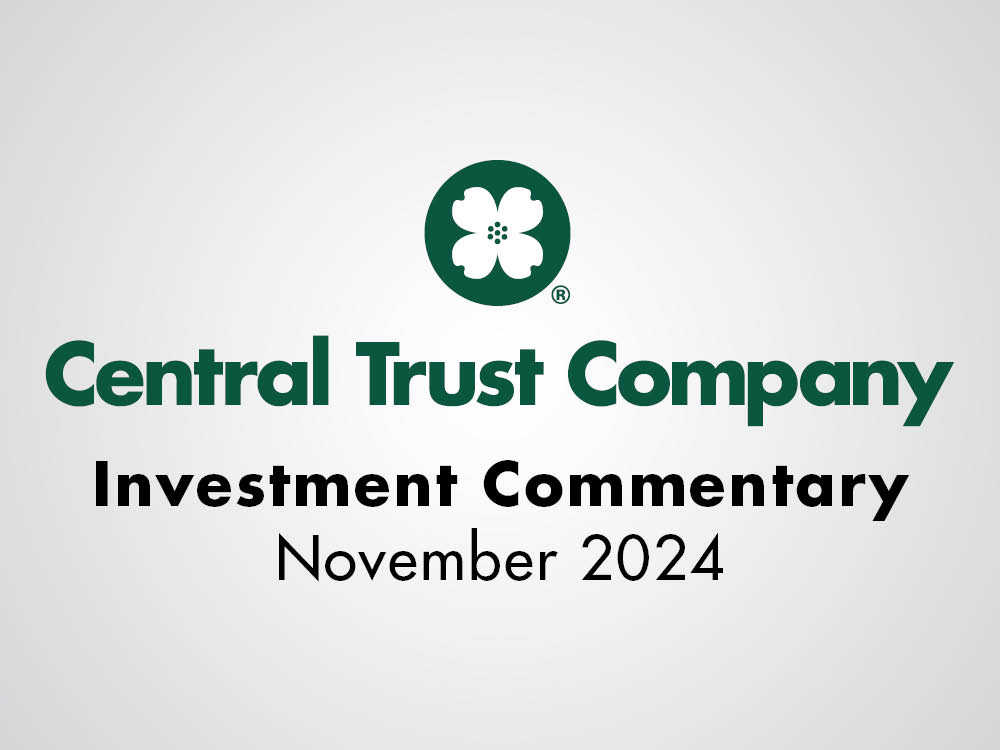Learn why having a trusted wealth advisor can make all the difference in your financial future. In this video, we explain the true role of a wealth advisor, from investments to retirement, education, tax strategies, and estate planning.

Navigating the financial industry can be daunting. More so for someone that may not have experience in the industry or be aware of the multiple service delivery models that are available and the varying ways Financial Advisors can be compensated. As technology, education, regulation and investment advisory firms change, so too has the positive impact on fees and options for the consumer. Regularly reviewing the fees that you pay to your financial advisor, as well as the fees for transaction costs and expense ratios, is critical to your investment success. Fees and taxes are the biggest detractors to investment performance and otherwise reaching your long-term financial goals.
When constructing an investment plan, keep in mind that it is just one of many parts of an overall financial plan. A financial plan is a comprehensive plan that encompasses your global financial picture, including a household budget, investments, estate planning, insurance, and how those pieces fit together in achieving financial success. A financial plan, like an investment plan, is an ever evolving (living) document. It is not meant to be created and left alone, but rather a blueprint to help you reach certain goals. As time passes, it is crucial to revisit your financial plan to ensure that you are on track and, where so merited, to make necessary adjustments.
As it relates to long term investments and accounts such as a 401(k) or IRA, we never recommend that you look at them daily, or even weekly— that is, unless you enjoy losing sleep or your hair. However, we certainly encourage you to look at any activity on monthly statements to make sure there aren’t any unauthorized transactions or suspicious activity. In regards to the actual investment performance, we encourage clients to review them quarterly or, alternatively, if there is a significant change in the markets or the economy. While it is almost never appropriate to make significant changes, particularly in highly volatile markets, it is appropriate to have a dialogue with your financial advisor to make sure your plan is working and on track.
If your portfolio has experienced a significant change in value due to the increase or decrease in markets, it could indicate and provide an opportunity to rebalance back to the original plan. This instills discipline and keeps you on track with your investments and financial plan. That plan is designed for reaching long-term goals. As such, you should be confident in your plan’s ability to weather a market pullback, knowing that it will recover over time. A solid investment plan can cover short-term cash flow needs without having to sell equities/stocks during a down market.
If you have concerns about the current state of the economy, the coming Presidential election or have not had in depth discussions with your financial advisor regarding a financial or investment plan recently, please feel free to contact your local Central Trust Company Wealth Advisor.
At Central Trust Company, we offer a Second Opinion Service which is a comprehensive analysis of your current investment plan. We can evaluate your asset allocation and the individual securities that you hold, along with a thorough analysis of all of the fees that you pay to help you understand your current plan and determine if there are opportunities for improvements.
As fiduciaries, we always act in your best interest. Doing so means that we have eliminated conflicts of interest and truly focus on your individual goals by recommending investment solutions that are best suited for you. We invite you to avail yourself of our Second Opinion Service, which has NO COST and is entirely complimentary without ANY OBLIGATION to do business with us.


